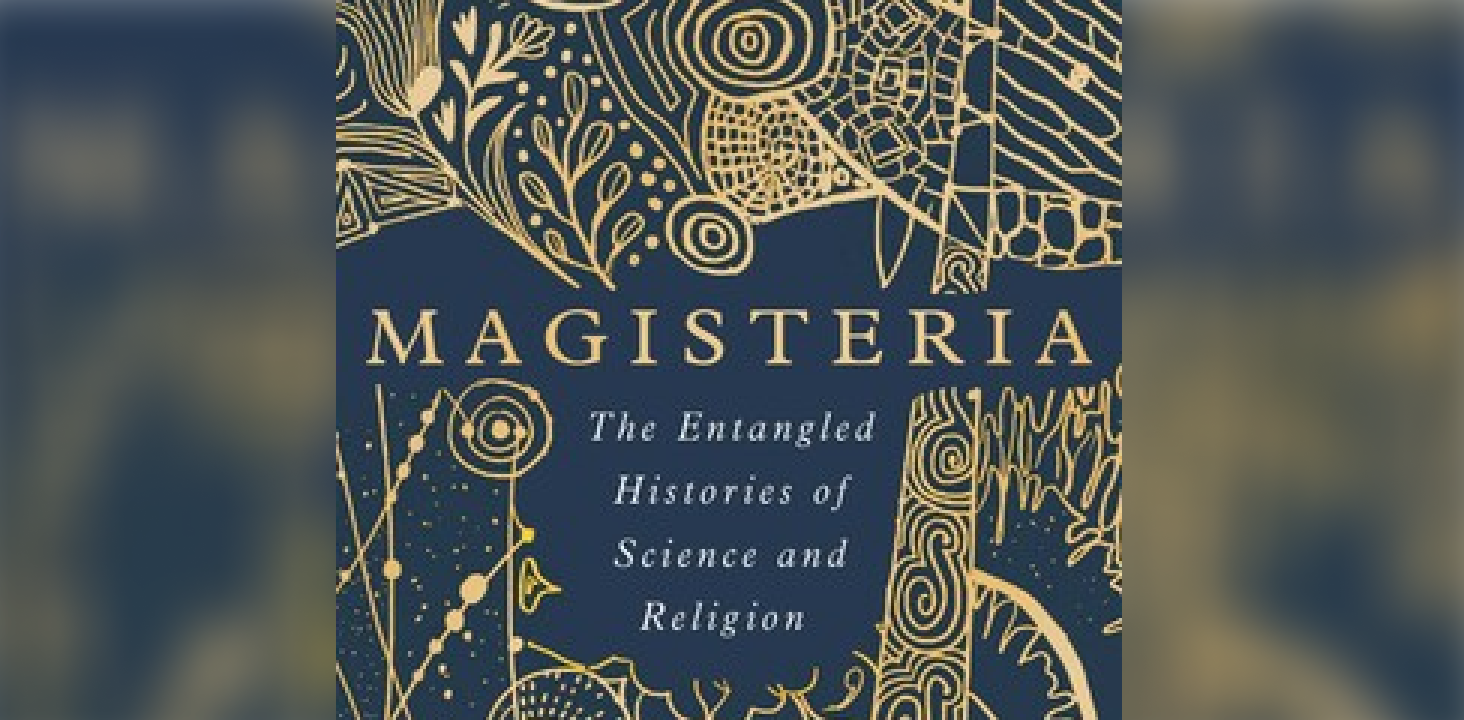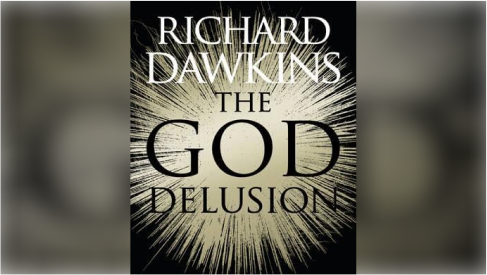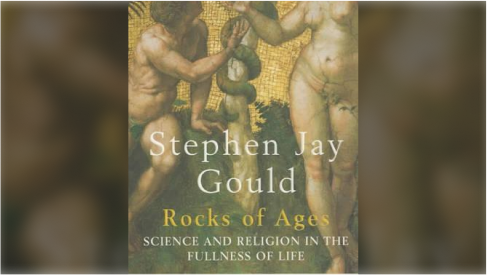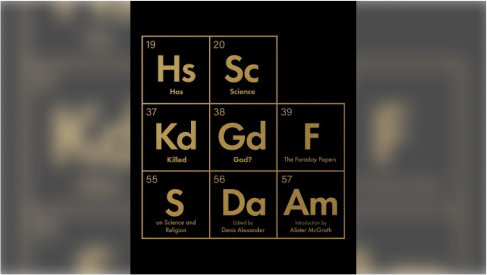Your Results
You will find your results below, with both your ‘temperature’ (on the right hand side), and your position (on the compass in the centre).
Your Temperature
The science and religion ‘thermometer’ registers your temperature, i.e., how warm or how cold you think the relationship between science and religion is.
The warmer you are the more compatible you view science and religion. If you’re right at the very top – in the red zone – you see no incompatibility at all between them.
Conversely, if you’re right at the bottom – in the blue zone – you see science and religion as at war.
Only a few people will find themselves at the very extremes; most of us are a bit more tepid. But whatever temperature you are, the interesting question is why? And that takes us to the rest of your position on the quadrant...
Your Position
People hold different views on science and religion – but they also hold them for different reasons. For example, some people think that science and religion are compatible because modern science has proved religious beliefs true. Others think they are compatible because they have nothing to do with one another.
Some people think that science and religion are incompatible because evolution has disproved Genesis, whereas others think that evolution and belief in God are perfectly compatible, but that the problem lies with miracles which (they think) are fundamental to religion.
In other words, there are lots of different reasons for people’s science and religion temperature, and that’s because there are different ideas about what science is and what religion is. These form the axes of the quadrant.
The X-Axis
The x-axis (left to right) is about science. At the left hand extreme, lies the view that however important science is, it is certainly not sufficient. If you land at this end, you may not be a science-sceptic (indeed, you’re probably not a science sceptic) but you will be sceptical about science’s ability to explain everything. You believe the world is a complex place, and the tools of science – hypothesis, experimentation, measurement, falsification, etc. – are just one set among others – such as experience, intuition, pure reason, imagination, authority, revelation, etc. – that enable us to understand and navigate the world. In the jargon, this is sometimes known as pluralism.
At the right hand extreme, lies the view that science is supreme and sufficient. It will (one day) explain everything and if it can’t explain it, it isn’t worth explaining. This, in the jargon, is sometimes known as scientism.
The Y-Axis
The y-axis (top to bottom) is about religion. At the top end lies the view that religion is, at heart, about beliefs: it’s about God, or revelation, or the supernatural, or miracles, or life after death, or doctrine, etc. It’s more about what you think than what you do. This, to use the jargon, is the substantive definition of religion, meaning that religion isn’t just a social or cultural phenomenon but has some content or substance to it.
At the bottom end lies the view that religion is, at heart, about its role in society; it is, to use the jargon, the functional definition of religion. Religion, by this reckoning, is primarily about morality – teaching people to live well; about society – preserving the social bonds that keep us together; and about culture – creating and preserving the good and beautiful. It is more about how people live their lives than what they believe.
Put these two together and you get an understanding of not only what you think about science and religion (your temperature) but why you think it (your understanding of science and of religion).
So, how does your score compare to other people?
Your Profile
Of course, many people will think that religion is a bit about what you believe and a bit about how you live – which is why you might have found some of the questions hard to choose. This is similar to many scales, and it means you are more likely to find people clustering round the middle than at the extremes.
In a similar way, many people will be very positive about science but also hold the opinion that science can only take you so far. Again, if that’s you, you are more likely to find yourself somewhere round the middle.
So how do you compare with others?
“ Different paths to truth, and one of them is religious ”
You believe that religion is about something transcendent or spiritual or supernatural. You believe that religion is either about The Truth or at least about some truths. You also believe that science isn't the only way of accessing truth, and so there is space for religious truths and revelations. You recognise that there is potential for some tension here, but you do not see the need for hostility or a competition between science and religion. With that in mind you are more likely to find yourself on the ‘warm’ end of the science and religion thermometer.
You and the great scientists of history
Unfortunately, Newton and Einstein were not available to take the science and religion compass but we have made a few educated guesses as to where they might have ended up!
What next?
The Science and Religion compass is intended to start conversations rather than end them, to persuade people that – whatever they think about science and religion – there is an interesting and enriching conversation to be had. If you want to find out more, check out the following resources.

History
The history of science and religion is full of fascinating stories and unexpected details. This new book tells the tale from the 1st century to the space race and the age of AI.
Learn more
Science and religion today
To get a good idea of the perceived relationship between science and religion today read our short report.
Download report
Science and religion are incompatible
Probably the classic statement, in modern times, on the incompatibility of science and religion.
Learn more
Non-overlapping Magisteria
Science and religion are perfectly compatible – because one is about facts and the other values. The classic argument by the American biologist Stephen Jay Gould.
Learn more
Science and religion: different dynamics
A series of downloadable papers exploring the different dimensions of the science and religion debate.
Learn moreYou and the great scientists of history
Unfortunately, Newton and Einstein were not available to take the science and religion compass but we have made a few educated guesses as to where they might have ended up!